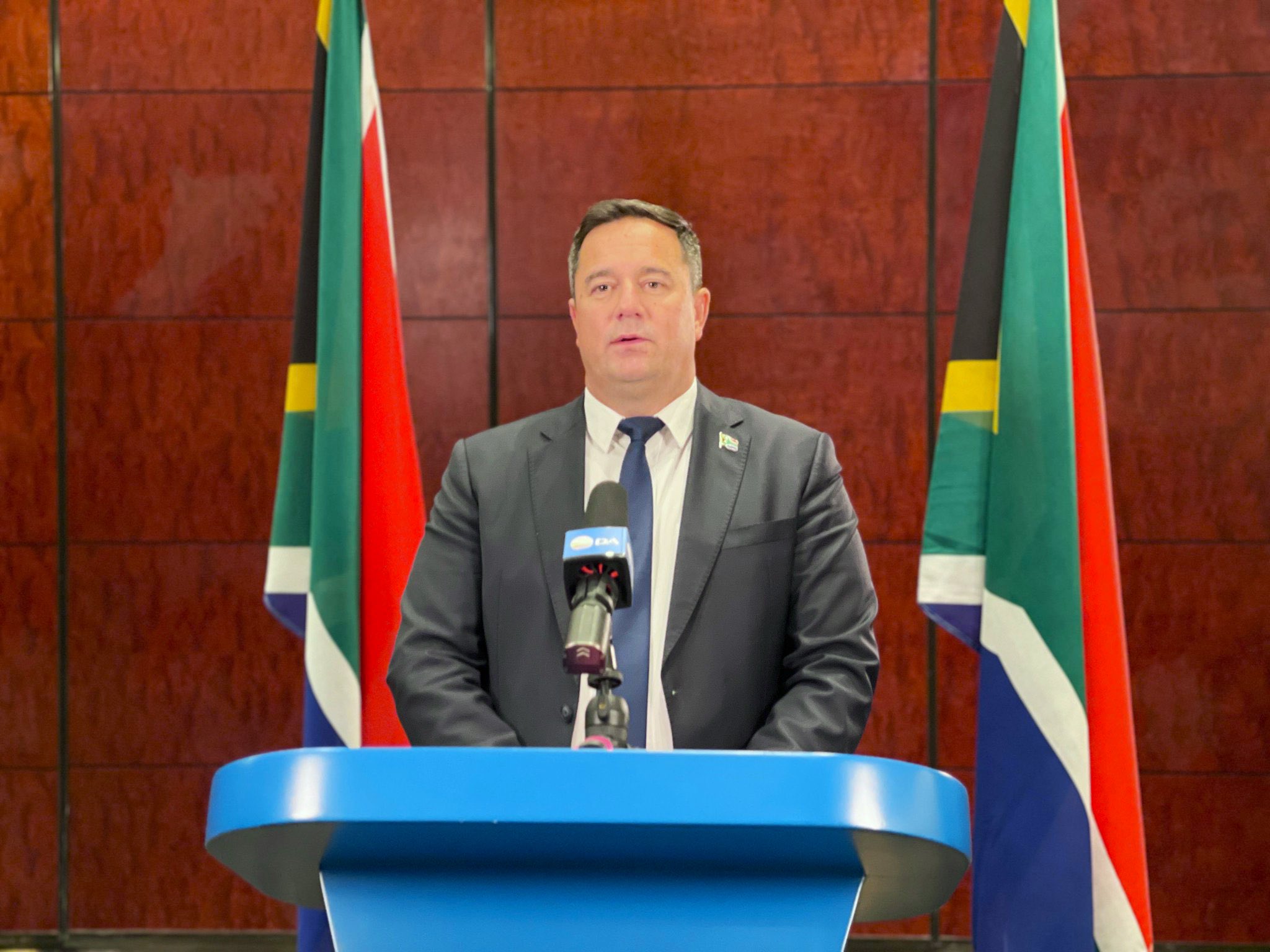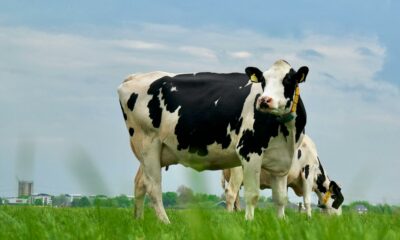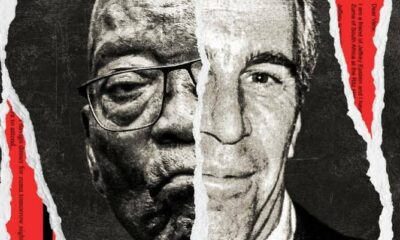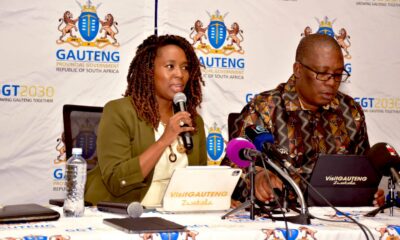News
DA’s John Steenhuisen to Challenge South Africa’s BEE, Employment Equity, and Expropriation Laws

DA’s Reform Plan: A New Chapter for South Africa’s Contentious Laws
When the Democratic Alliance’s leader, John Steenhuisen, steps to the podium this Monday in Gauteng, he won’t be delivering just another political statement. The party’s fresh proposals for amending South Africa’s Black Economic Empowerment (BEE) Act, Employment Equity Act, and Expropriation Act are set to spark renewed debate on some of the country’s most sensitive and divisive issues.
Why These Laws Matter So Much
BEE and Employment Equity were originally crafted to address the historical inequalities born out of apartheid, designed to fast-track economic participation for black South Africans. However, over the years, critics have argued that these laws have become overly focused on race rather than socioeconomic need. The DA shares this concern.
Trade and Industry spokesperson Wilmot James recently criticized the current approach as “an easy instrument to use” but ultimately “unfortunate,” advocating instead for policies targeting economic disadvantage irrespective of race. His comments reflect a growing sentiment, especially among younger voters and urban professionals, who feel the legislation sometimes empowers a select few rather than the many.
The Expropriation Act. A Flashpoint of Contention
Another major bone of contention is the Expropriation Act, which allows the government to seize land without compensation under certain conditions. The DA has been vocal against this, arguing it grants the state excessive powers that threaten property rights and economic stability.
Earlier this year, the party took the bold step of challenging the law in the Western Cape High Court, with DA Federal Council Chairperson Helen Zille stating that no democratic government should wield such sweeping expropriation authority. The court papers label the Act “unconstitutional,” questioning both how it was passed and its substance.
The Stakes and Public Reaction
This upcoming briefing is not just another political show. It underscores ongoing tensions within South Africa’s ruling coalition, where the DA frequently clashes with the ANC over governance and policy direction. Despite moments of high drama and threats to exit the coalition, the DA remains committed to reform from within—aiming to curb corruption and inefficiency while pushing for a more inclusive economic future.
On social media, reactions to these moves have been predictably divided. Supporters praise the DA’s stance as a necessary correction that puts fairness and economic pragmatism ahead of racial tokenism. Critics accuse the party of undermining efforts to redress centuries of injustice, warning of risks to social cohesion.
A Fresh Perspective: Beyond Race, Toward Socioeconomic Justice
What often gets lost in the heated debates is the historical and ongoing challenge South Africa faces: how to truly empower millions who remain economically marginalized. The DA’s proposal to shift focus from race to socio-economic status isn’t just political posturing; it taps into a broader conversation about how South Africa can move past apartheid-era legacies toward genuine opportunity for all.
This approach also invites South Africans to think differently about unity, identity, and justice in the 21st century. The question remains: can these reforms spark the kind of inclusive economic transformation the nation desperately needs, or will they deepen divides?
As Steenhuisen and his team present their case on Monday, all eyes will be on Gauteng. The outcome of this debate could influence South Africa’s political landscape for years, challenging politicians, activists, and citizens alike to rethink what empowerment means in a democracy still healing from its past.
{Source: IOL}
Follow Joburg ETC on Facebook, Twitter , TikTok and Instagram
For more News in Johannesburg, visit joburgetc.com



























